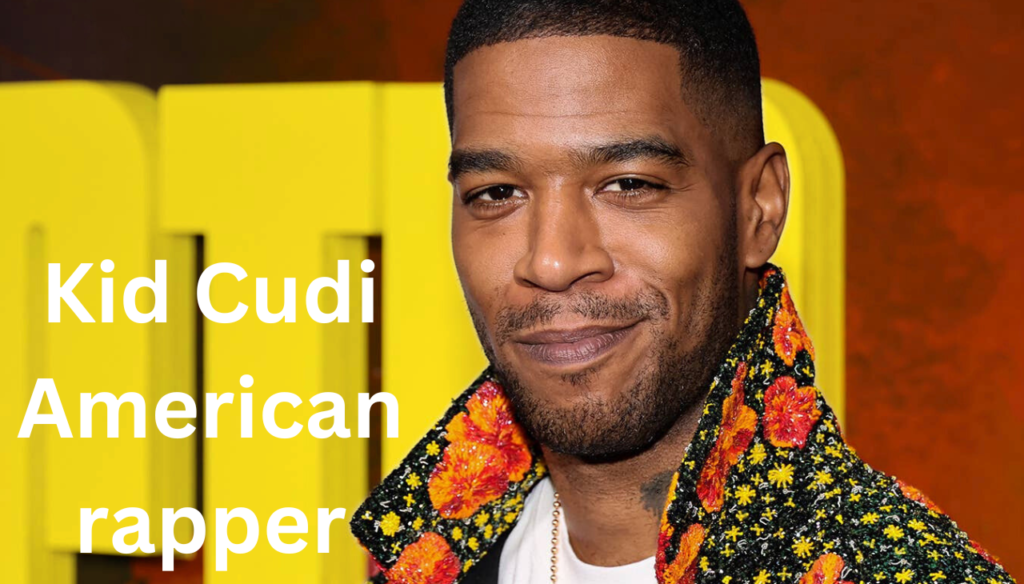Kid Cudi, an American rapper, has left an indelible mark on the music industry with his introspective lyrics, innovative sound, and unwavering authenticity. From his early days in Cleveland, Ohio, to his rise to prominence in the hip-hop scene, Cudi’s journey is one of resilience, creativity, and self-discovery.
Early Life and Career Beginnings
Born Scott Ramon Seguro Mescudi on January 30, 1984, in Cleveland, Ohio, Kid Cudi had a tumultuous upbringing marked by family struggles and personal challenges. Despite facing adversity, music became his refuge and passion from a young age. Drawing inspiration from artists like OutKast and The Pharcyde, Cudi began honing his craft and experimenting with his unique blend of rap, rock, and electronic elements.
Breakthrough with “Man on the Moon: The End of Day”
Cudi’s breakthrough came with the release of his debut studio album, “Man on the Moon: The End of Day,” in 2009. The album, executive produced by Kanye West, introduced listeners to Cudi’s introspective storytelling and genre-defying sound. Tracks like “Day ‘n’ Nite” and “Pursuit of Happiness” became anthems for a generation grappling with existential questions and the complexities of modern life. “Man on the Moon” garnered critical acclaim and established Cudi as a visionary artist unafraid to push boundaries.
Artistic Evolution and Influence
Kid Cudi kept pushing the boundaries with his next releases, “Man on the Moon II: The Legend of Mr. Rager” and “Indicud,” after “Man on the Moon” became successful. His openness to delving into issues of addiction, mental health, and self-expression struck a profound chord with both fellow artists and audiences. Beyond just music, Cudi had an impact on a new generation of artists and creatives in a variety of fields because to his unique style and daring demeanor.
Personal Struggles and Mental Health Advocacy
Despite his professional success, Kid Cudi faced numerous personal struggles, including battles with depression, anxiety, and addiction. In 2016, he penned a heartfelt letter to his fans, revealing his ongoing battle with mental health issues and the importance of seeking help. Cudi’s openness about his experiences helped destigmatize conversations surrounding mental illness within the hip-hop community and beyond. He continues to advocate for mental health awareness and support, using his platform to uplift others facing similar challenges.
Conclusion
Kid Cudi’s impact on the music industry transcends mere accolades and chart success. Through his introspective lyrics, genre-defying sound, and unwavering advocacy, Cudi has cemented his legacy as a trailblazer and icon. As he continues to evolve as an artist and individual, one thing remains clear: Kid Cudi’s influence will be felt for generations to come, inspiring countless artists to embrace their authenticity and fearlessly pursue their dreams.



